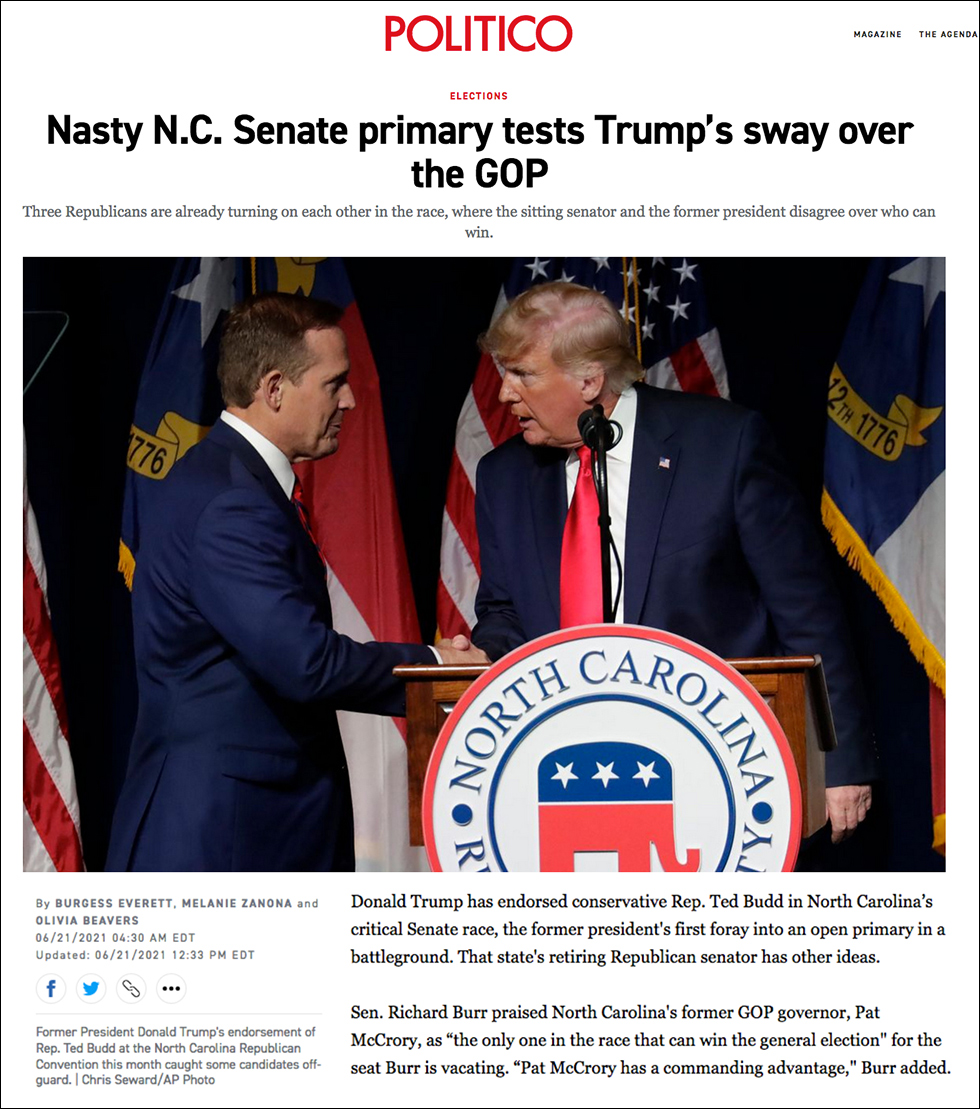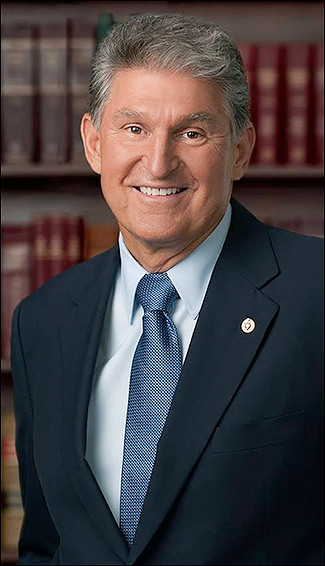By Jim Ellis

Five-term US Rep. Billy Long (R-Springfield), announced that he will run for the Senate in Missouri.
Five-term US Rep. Billy Long (R-Springfield), who represents the second safest Republican district in the Missouri congressional delegation, announced that he will run for the Senate, entering the already crowded open contest for the right to succeed retiring Sen. Roy Blunt (R).
US Rep. Ann Wagner (R-Ballwin), another individual long said to be considering the Senate contest, announced instead that she will run for a sixth term from her St. Louis suburban congressional district.
Rep. Wagner has faced two competitive electoral contests in 2018 and 2020, winning with 51 and 52 percent of the vote, respectively, in a district that is becoming politically marginal. Then-President Trump carried the MO-2 district by just a handful of votes in 2020 after winning it 53-42 percent in 2016. With Republicans holding the redistricting pen and Missouri not losing a congressional seat, Rep. Wagner’s CD should become more favorable for her in the next election under new boundaries.
Long will oppose former governor, Eric Greitens, Attorney General Eric Schmitt, and fellow US Rep. Vicky Hartzler (R-Harrisonville/Columbia) at this point in the Senate Republican primary. Though Rep. Wagner has removed herself from consideration, 8th District US Rep. Jason Smith (R-Salem), who holds Missouri’s strongest Republican congressional seat, is still viewed as a potential senatorial candidate.
It appears that Rep. Long starts in an underdog position if looking solely at fundraising and available resources. AG Schmitt raised $1.33 million through the June 30 Federal Election Commission second quarter reporting period and held $1.2 million in his campaign account. Rep. Hartzler added $1.05 million in receipts and holds over $1.4 million in her campaign committee. Greitens, who resigned his governorship under a cloud of sexual scandal just a year into his term, raised only $476,000-plus since entering the Senate race, but major GOP donor Dick Uihlein has already pledged to contribute $2.5 million to a pro-Greitens outside super PAC.
While Rep. Smith has not yet revealed his 2022 political plans, he is raising money, and would at least financially stand near the top of the current candidate field. He has raised over $600,000 since the beginning of the year but possesses over $1.6 million in his congressional account, all of which could be transferred to a Senate committee.







